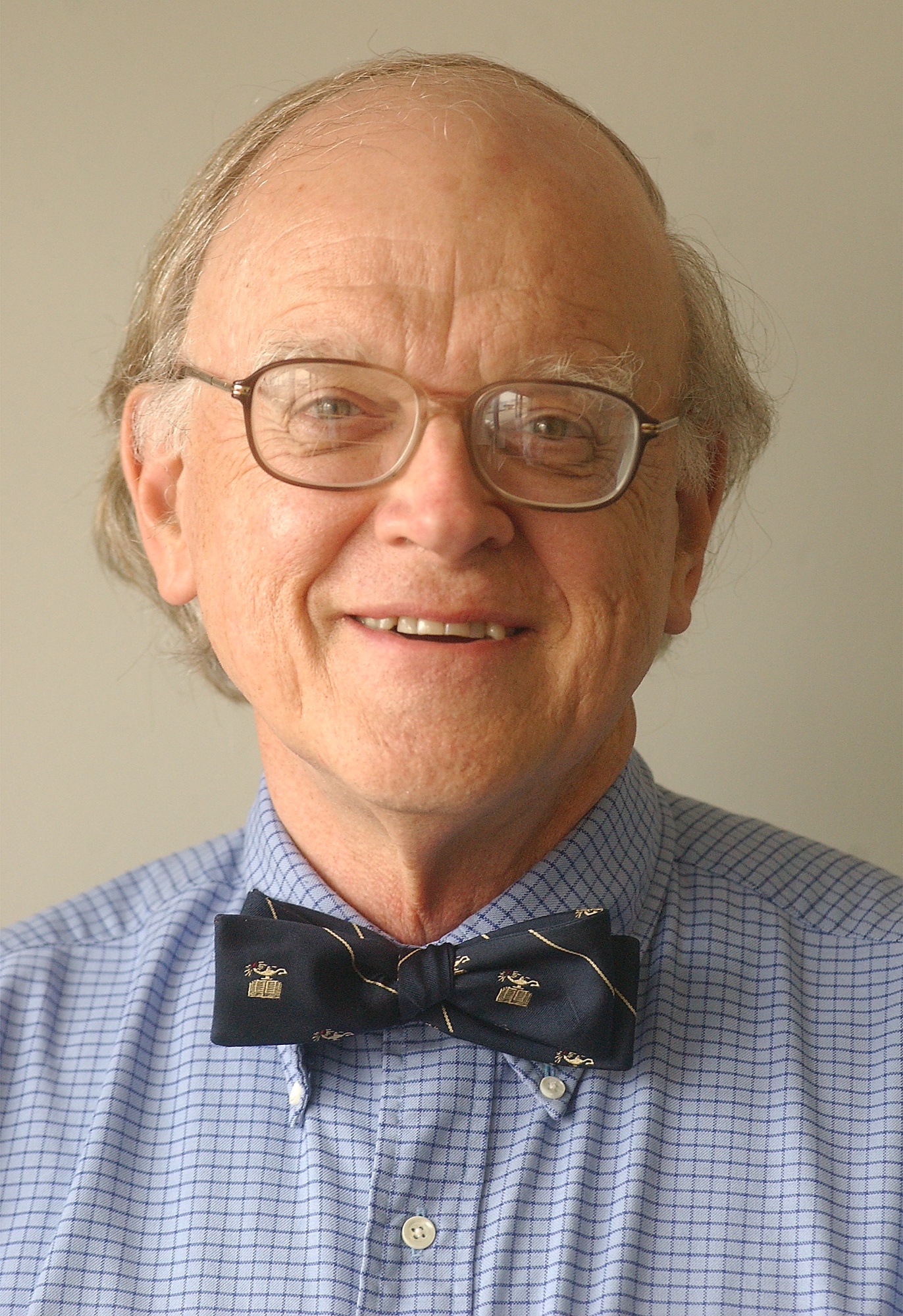The significance of our national holidays is easily lost among peripheral events tailored to each occasion. Barbecues, fireworks, concerts, and special retail promotions obscure the meaning of Independence Day.
On the evening of July 4, 1776, the Second Continental Congress, convening in Philadelphia, approved our Declaration of Independence. Principal author Thomas Jefferson worked with a committee of five, which included John Adams and Benjamin Franklin, to write the document that was presented to the Congress on June 28. Debate by the whole Congress led to several changes in the text before final passage. Printed copies were sent the following day to the former colonies and to the scattered militias. Delegates signed the declaration on Aug. 2.
Fighting between Colonial militias and British forces had been underway for a year. New York and Charleston faced threats of attack during July 1776. Not until Sept. 3, 1783, did the War for Independence end with the signing of the Treaty of Paris.
The second paragraph of the Declaration begins with, arguably, the most memorable and challenging statement in our national archives:
"We hold these Truths to be self-evident. That all Men are created equal, that they are endowed by their creator with certain inalienable Rights, that among these are Life, Liberty, and the Pursuit of Happiness "
In the 243 years since the ratification of the Declaration, we have not settled upon a definition for "all Men." Slave-owner Jefferson clearly did not include black men and women, who were considered property with no rights save what their owners determined. A Civil War would be fought to emancipate slaves. Jim Crow laws would delay full citizenship for African-Americans for another century.
Native Americans did not qualify for inclusion in "all Men." Expulsion of the Cherokee Indians from our region typifies the manner in which traditional lands of Native Americans were confiscated. The westward push of settlers eventually forced surviving Native Americans onto reservations where many continue to reside.
The latter half of the 19th century saw the importation of Chinese laborers who would work on the transcontinental railroad and dig coal mines of Appalachia. Many died in the appalling conditions at work sites. Congress passed the Chinese Exclusion Act of 1882 to block further immigration. Other measures banned citizenship and land ownership. Relaxation of immigration finally occurred during World War II when China and the U.S. became allies.
Japanese immigrants faced the same discrimination. A trickle of immigrants in early decades of the 19th century included students sponsored by The Reformed Church in America. A larger wave from the late 1860s provided laborers for farms in Hawaii and California. Some Japanese leased land to farm. Others share-cropped. A 1913 California law banned land purchases by Japanese. A subsequent law segregated their children in public schools. Despite these hindrances, Japanese-Americans prospered, especially on the West Coast. President Roosevelt's Executive Order 9066 in 1942 led to the roundup and internment of 110,000 Japanese-Americans for the duration of World War II.
Irish, Italian, Latina - one group of immigrants after another has had to contend with limited interpretations of "all Men" in the Declaration. The continuing challenges for nonwhite populations have been the most daunting.
Not until the ratification of the 19th Amendment to the Constitution did women gain access to the full promises of "life, liberty, and the pursuit of happiness."
More recently, members of the lesbian, gay, bisexual, and transgender communities finally enjoy these self-evident "Truths."
The document of 1776 concludes: "And for the support of this Declaration, with a firm reliance on the protection of divine Providence, we mutually pledge our Lives, our Fortunes, and our sacred Honor."
Thomas Jefferson and the signers of the Declaration could not anticipate how their radical idea of equality would continue to shape American history.
Contact Clif Cleaveland at ccleaveland@timesfreepress.com.

